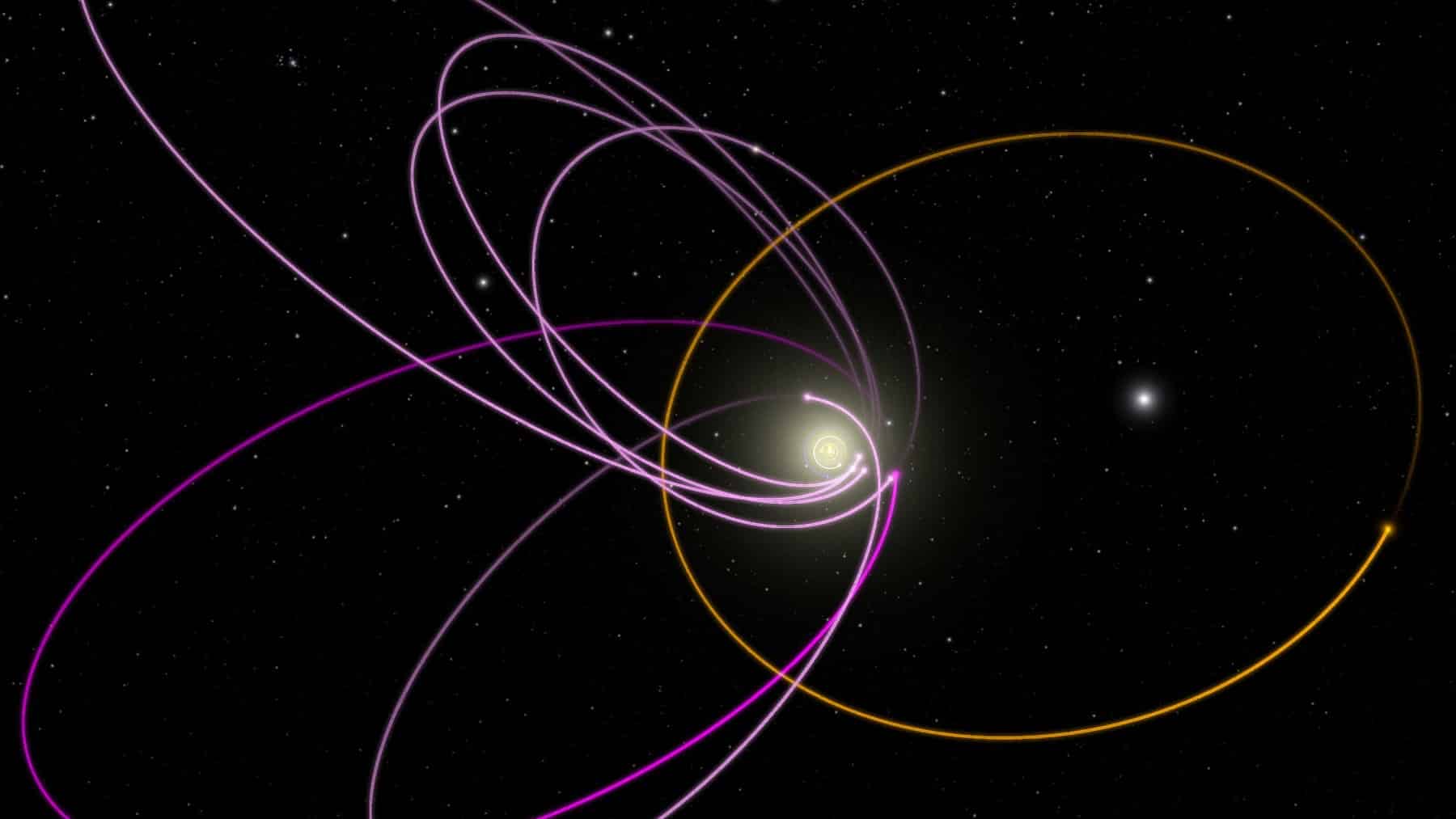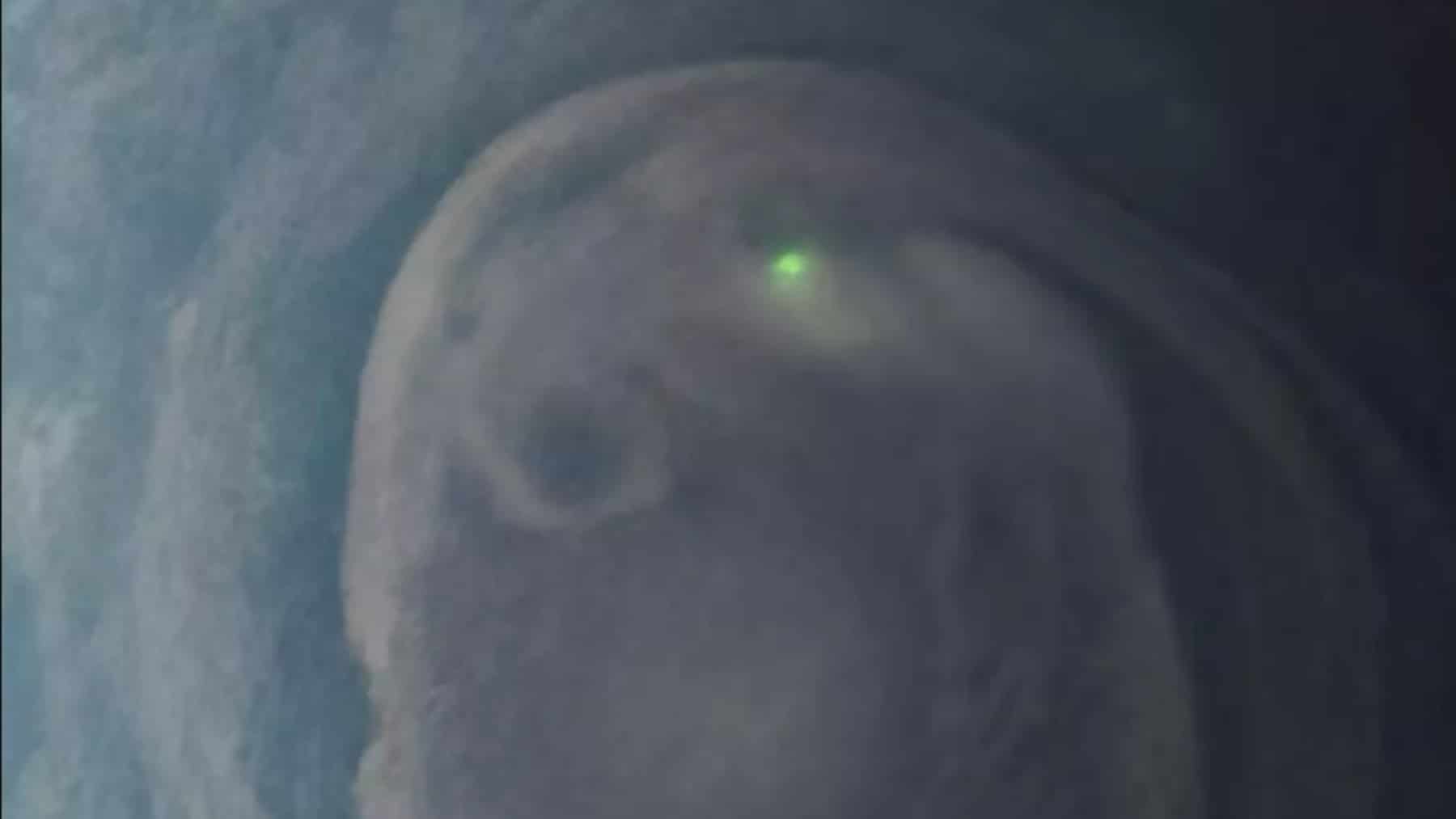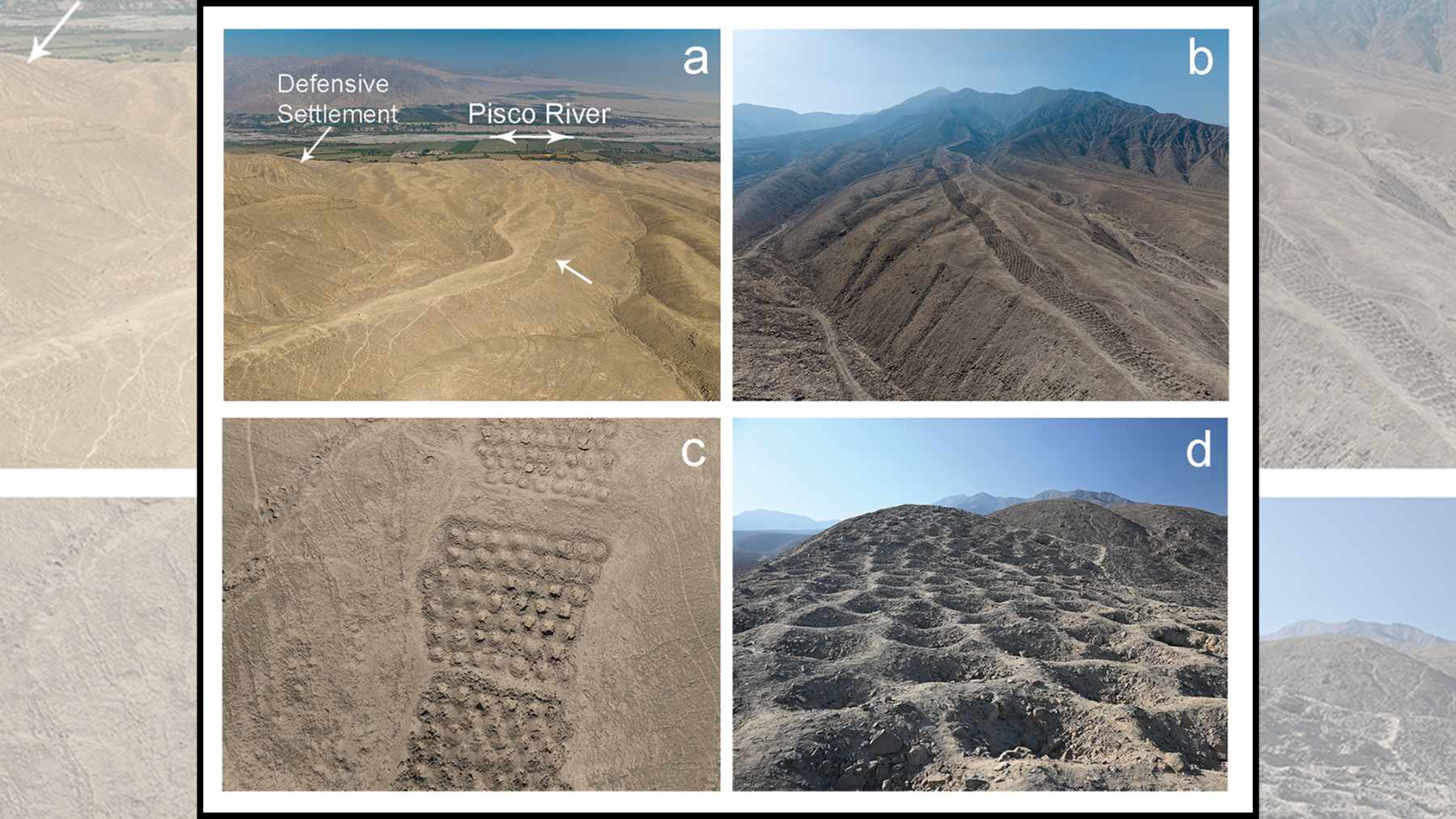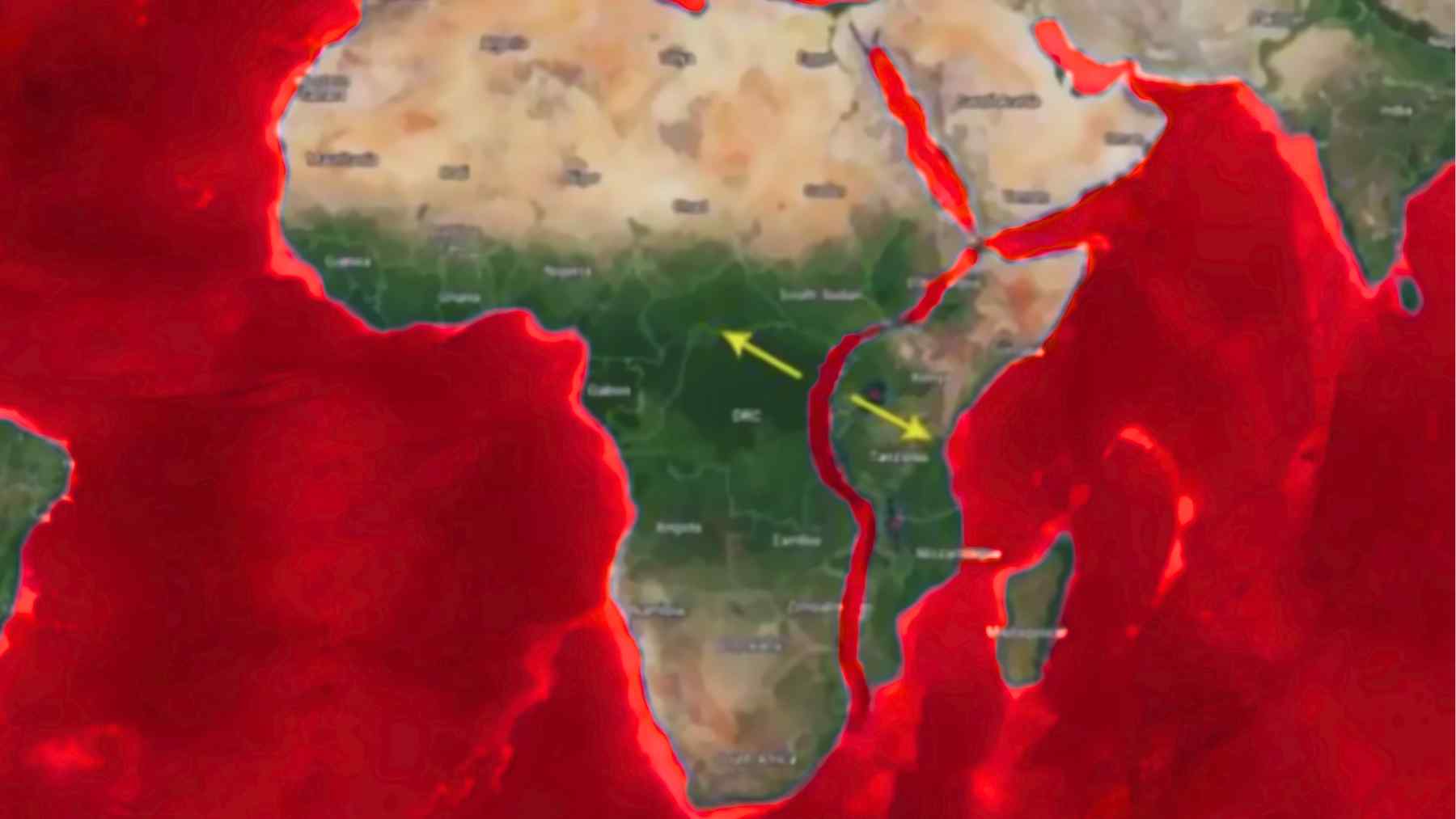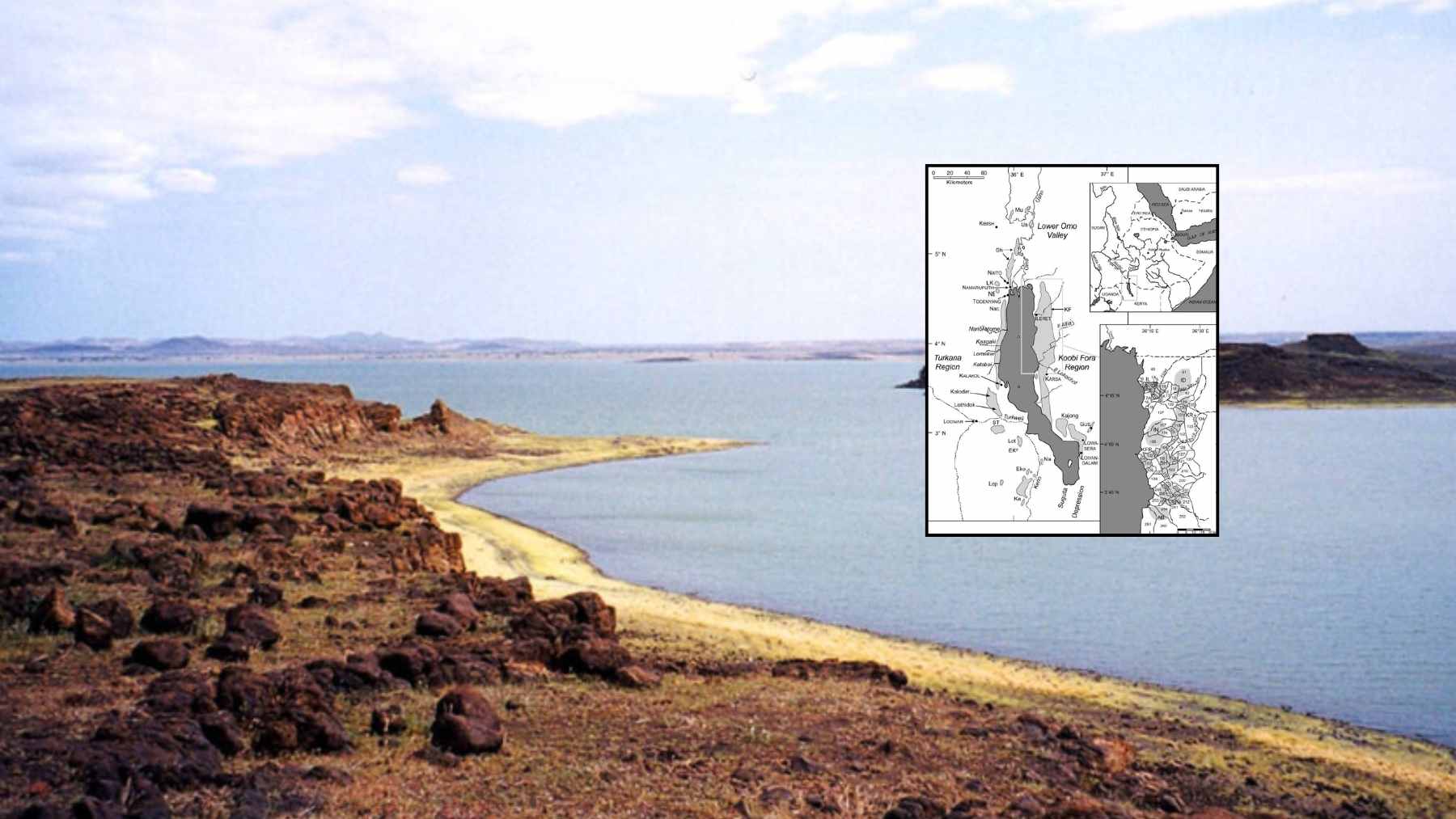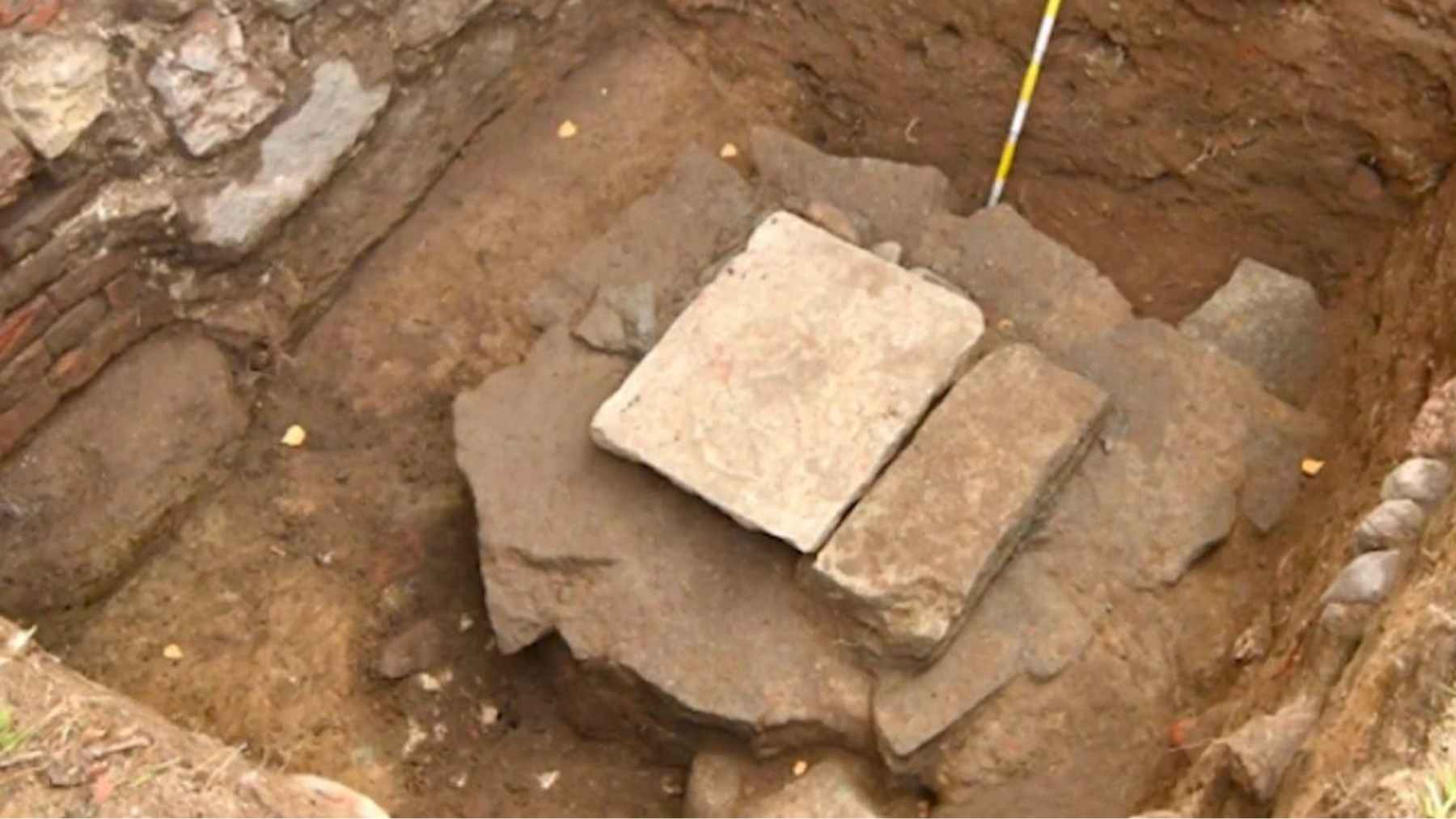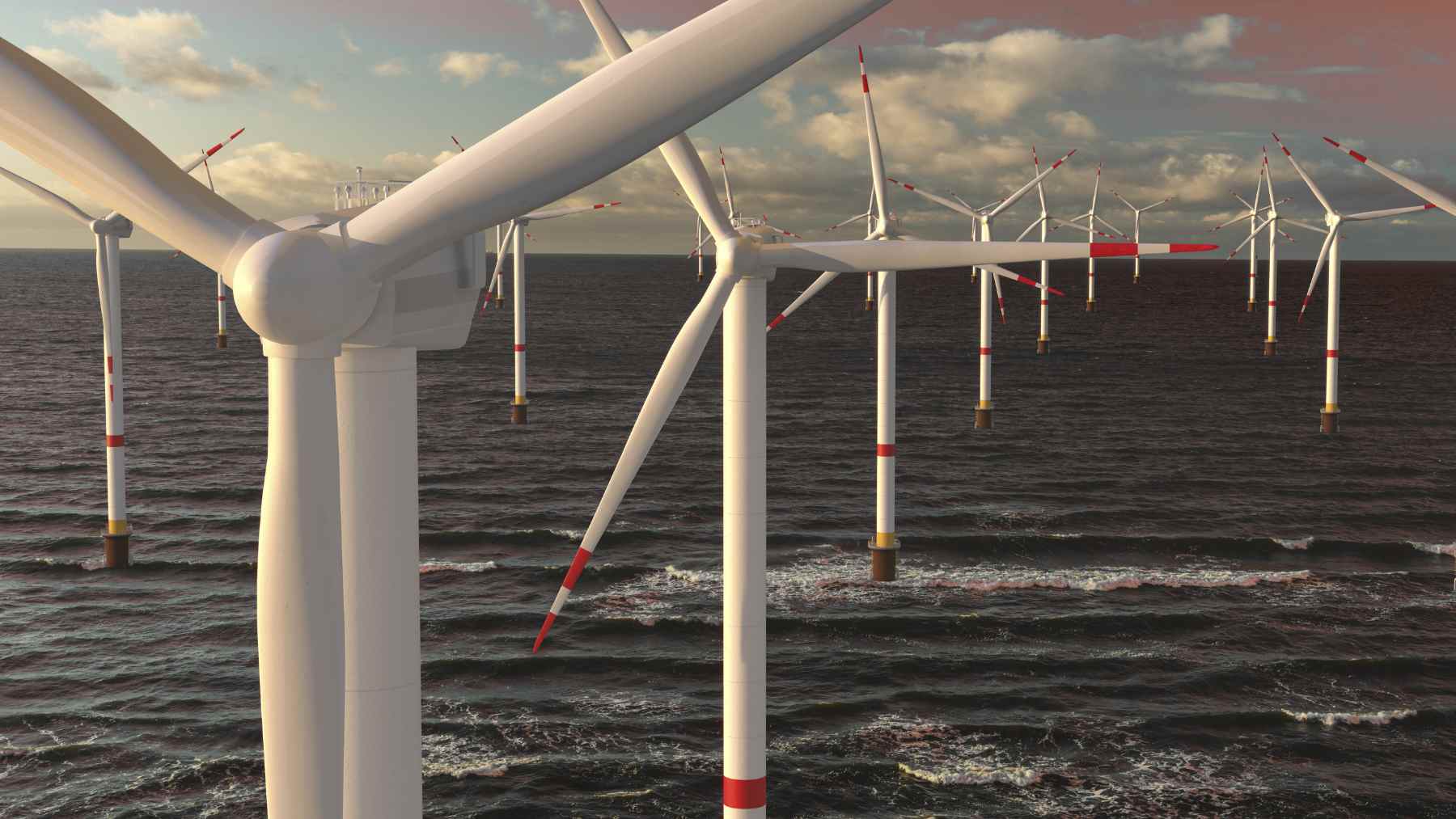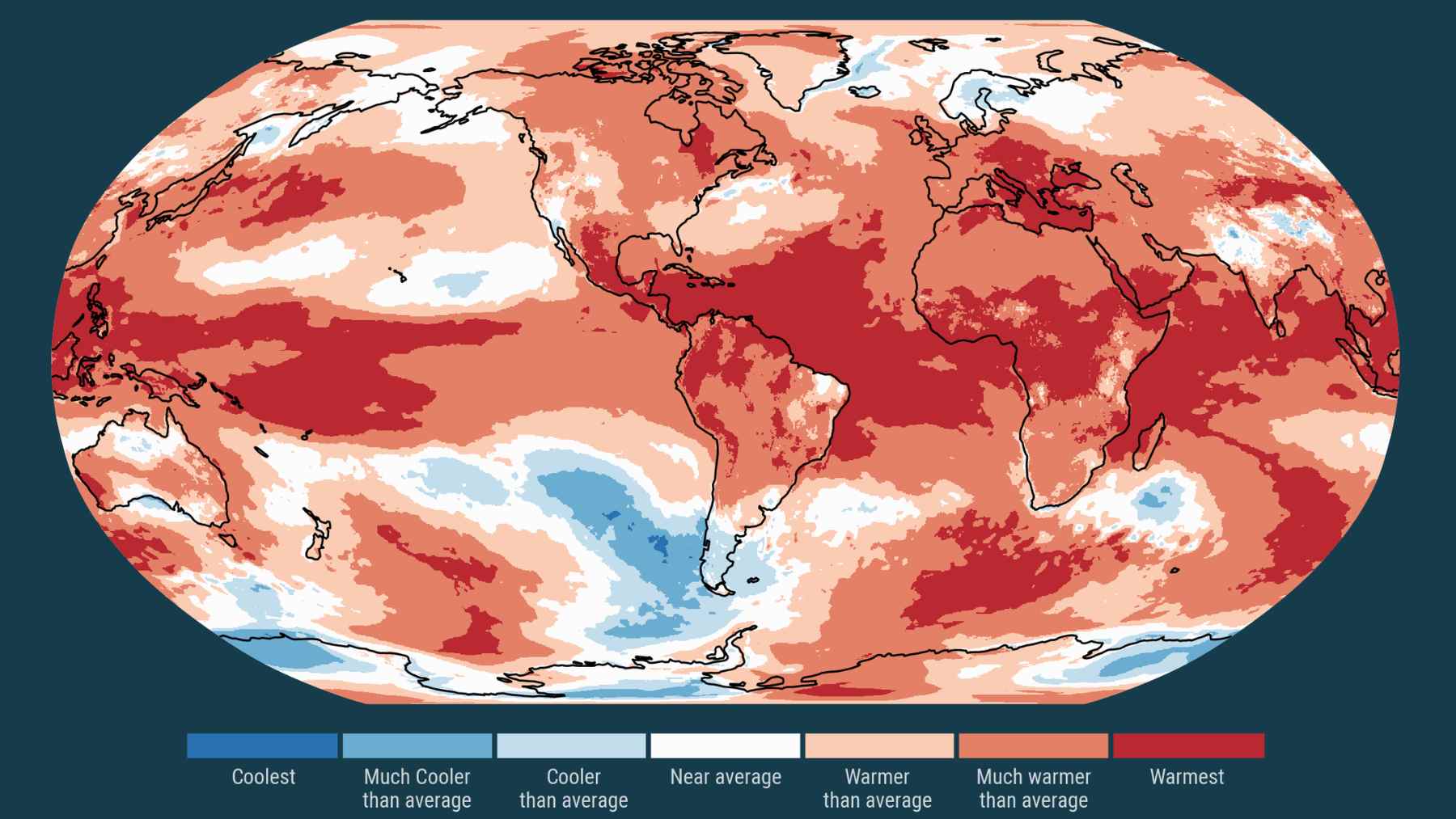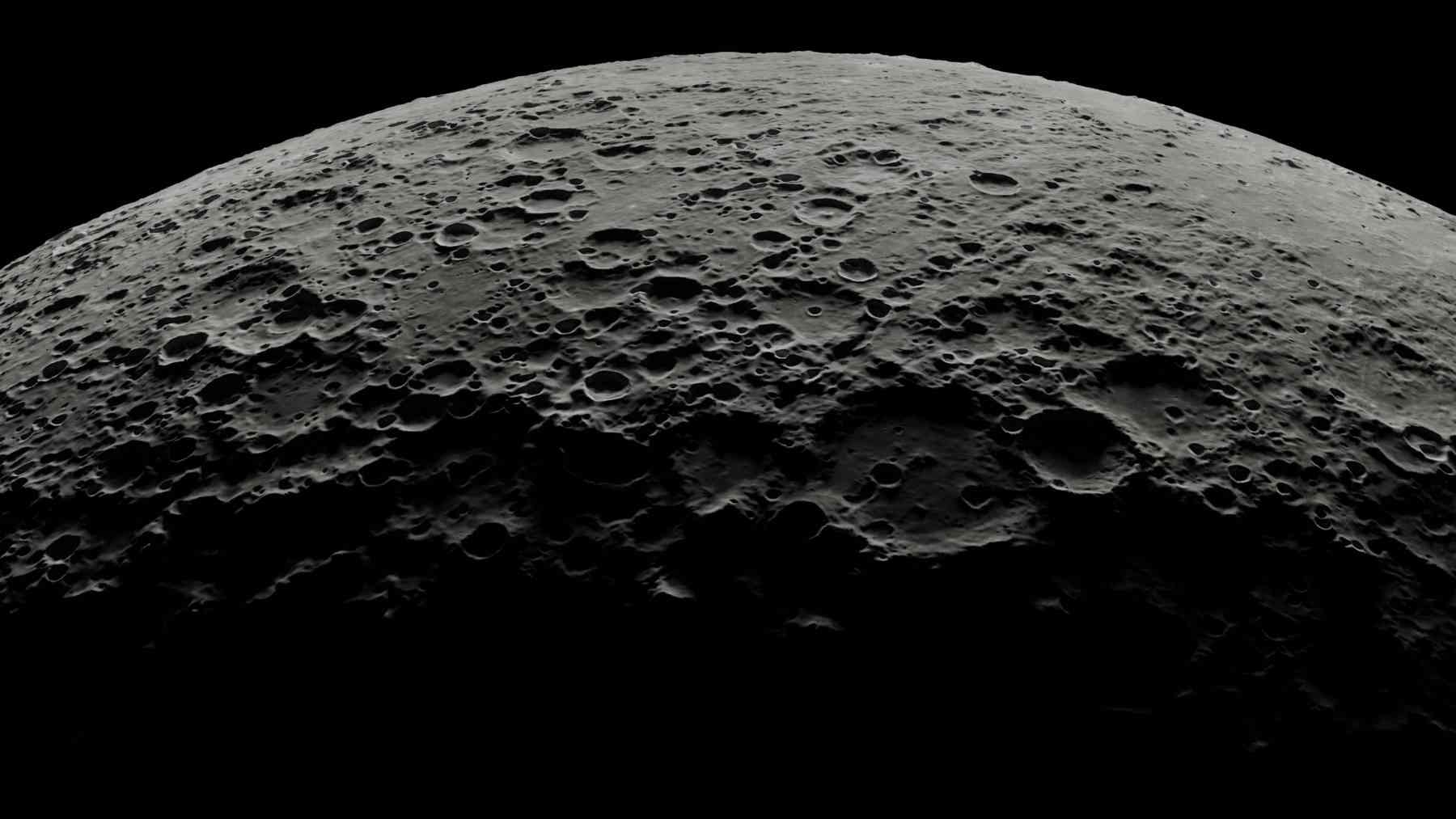If we asked how many planets there are in our Solar System today, I’m sure I would answer eight, but we are very close to finding planet nine. That’s because there are only two weeks left until the release of the first official images from the Vera C. Rubin Observatory, which will reveal some details of the universe like we’ve never seen before. This new planet may even be very close to Earth – in astronomical terms, of course.
The observatory that made Planet Nine possible
Before talking about this ninth planet itself, we need to go over what made this discovery possible. We are talking about the Vera C. Rubin Observatory, which is based in Chile and is part of a billion-dollar project that brings together the National Science Foundation (NSF) and the US Department of Energy. Why is it so important?
Well, in addition to having the largest digital sensor ever built, which is capable of mapping the entire southern hemisphere sky every 3 or 4 nights, its main objective is to carry out what scientists call the Legacy Survey of Space and Time (LSST), which, in less technical terms, is a systematic and in-depth scan of the cosmos over the next 10 years.
The result of this scan is to create a kind of “time-lapse movie of the universe”, which allows astronomers to follow movements and phenomena with a wealth of detail never seen before. And of course, among the targets of this mission are supernovae, asteroids, comets, and objects that have not yet been catalogued, such as our Planet Nine.
Are we finally going to get to know Planet Nine?
Even with the Vera C. Rubin Observatory’s cutting-edge equipment and technology, we still can’t be sure that when the images are released in two weeks, we’ll see Planet Nine. This is due to several factors, such as it being dark, distant, and moving very slowly, making it difficult to actually discover. However, everything indicates that this time it may be different, since Rubin can detect objects with a faint glow and follow their trajectories for years. According to Jake Kurlander, a UW doctoral student:
“Rubin’s unmatched combination of breadth and depth makes it an exceptionally effective discovery machine”
Since Planet Nine is the subject of several studies, scientists suspect that it is in the orbit of other objects in the Kuiper Belt, an icy region well beyond Neptune (it may be the recent discovery by NASA that spotted an unidentified object between Uranus and Neptune). According to these studies, the Planet could have up to 10 times the mass of Earth and orbit the Sun at a distance hundreds of times greater than that of Earth.
What comes after we find it – or don’t we?
If Rubin manages to detect something compatible with the profile of Planet Nine, it will probably be one of the greatest discoveries in recent astronomy. Just imagine: a new planet in the solar system… that would change everything we know so far about planetary formation itself, in addition to impacting the orbital dynamics and even the stability of our system as a whole – it would be something historic, for sure.
Now, if nothing is found, it will also bring important answers. This is because we will need to revise our gravitational hypotheses, and other models will start to gain strength. The lack of visual evidence in the next few years could mean that Planet Nine does not exist, or even that we are looking at it the wrong way. Perhaps we will have to focus our efforts on the new planet already found in the Solar System, recently discovered by NASA, and no, it is not Planet Nine.
